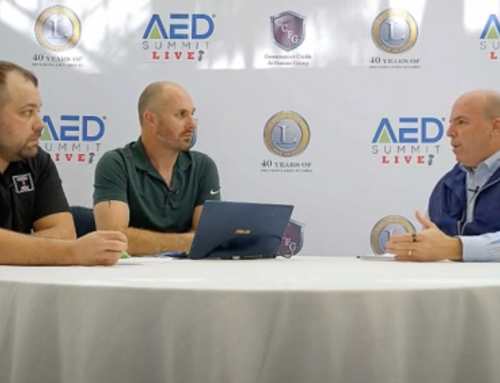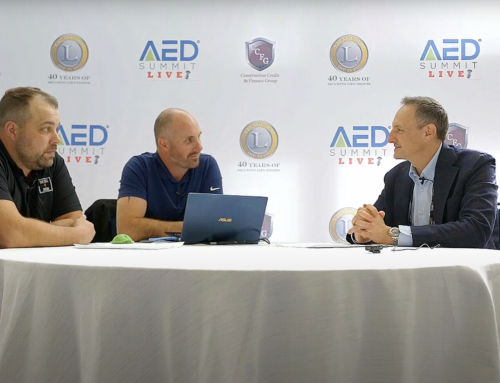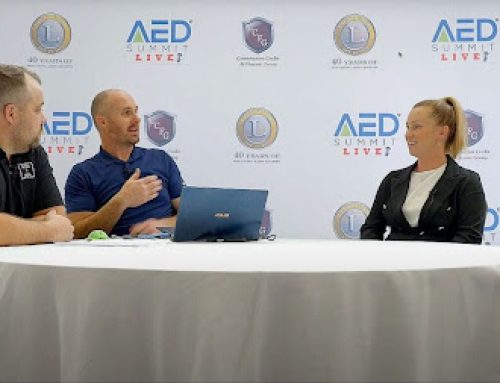As a leading debt collection agency specializing in B2B collections, Construction Credit & Finance Group are the construction industry’s go-to experts in asset & liability investigations.
Learn everything you need to know about conducting an asset and liability investigation with CCFG’s CEO, Curtis Fort. In this live webinar, Curtis shares valuable insights on how to conduct these investigations effectively. Whether you’re a business owner, a credit manager, or a financial analyst, this episode is a must-listen. Tune in now to enhance your knowledge of asset and liability investigations.
What Is an Asset and Liability Search?
There are several ways to conduct an investigation that’ll give you more information than the traditional methods. Businesses and individual credit reports are extremely valuable tools for credit managers to determine the creditworthiness of a potential customer. However, they’re not always going to give that credit manager the complete picture. That is why it’s so important to use the services of a company that understands the complexity of collections investigations.
When the internal team’s efforts fall short, you need to consider choosing a commercial collection agency that specializes in pre-litigation debt collections coupled with a strong investigative research approach. You’ll end up with much more information to provide to your attorney for when you want to move forward with litigation or small claims court.
When Should You Do an Asset and Liability Search?
If the customer provides a questionable credit application, you should conduct an asset and liability search once they’ve reached 60 days past their terms. This will help determine if the customer is having more serious problems than they’re sharing with you. For example, if you’re a credit manager, you’re typically not going to have your customer tell you that the reason they’re not paying is because they have current lawsuits or federal or state tax liens.
They just aren’t going to tell you the bad reasons as to why they’re not paying you. They’re usually waiting on funds from a project, financing, et cetera – any credit manager can attest to that.
What Info Does an Asset and Liability Investigation Report Provide?
An asset and liability report will provide information such as locating vehicles, watercraft, bank accounts, property in other counties or states, and any assets that are trying to be hidden. Oftentimes, the customer may try to hide their assets by transferring ownership to someone else. When we conduct an asset search before extending credit, we can determine when, who, and how much they gave, which will benefit the creditor in court.
The client can get a complete report providing all of the items listed above in a secure PDF. This allows creditors to make a fully educated decision on approving a line of credit. It will help them take the next steps to recover the money owed to their company.
Sometimes, you can dive into local newspapers and trade magazines to find customer listings. You can also try having a third-party pull a pacer report to look for bankruptcies or lawsuits. If your customer will not provide you with a financial statement, try asking for their tax returns. If they hand them over, you can turn those tax returns into financial statements.
What Do You Do When You Find That a Debtor Has Viable Assets?
The first thing to do when you find the customer has viable assets is to allow a third-party collection agency to contact the debtor. You want to notify the debtor that you have found assets, which may help collect your money.
If that doesn’t help trigger a payment, you may want to consider hiring an attorney to file suit. Once the suit is filed and the judgment is entered by the courts, the attorney can start attaching the assets. Once those assets are attached, the attorney can start recovering those assets through the laws in the state where the judgment was actually entered against the debtor.
If you’re seeing viable assets and the debtor is cash flow positive, those things are gonna help you want to extend the credit. But if you’re already past that stage, you’ve already extended credit terms, and the customer’s past due, those assets help a company like CCFG truly leverage debtors. Finding the things debtors are trying to hide are really what helps us collect your money.
Why Debt Collection Software Streamlines Asset and Liability Investigation Processes
CCFG’s debt collection software offers numerous benefits that streamline the asset and liability investigation process. Our debt collection software empowers businesses to make well-informed choices, mitigate risks, and optimize their debt collection efforts, ultimately improving their overall financial performance.
Construction Credit and Finance Group is a national leader in the B2B debt collection space, specializing in the construction industry. Contact CCFG today at 800-848-4176 to get started.




